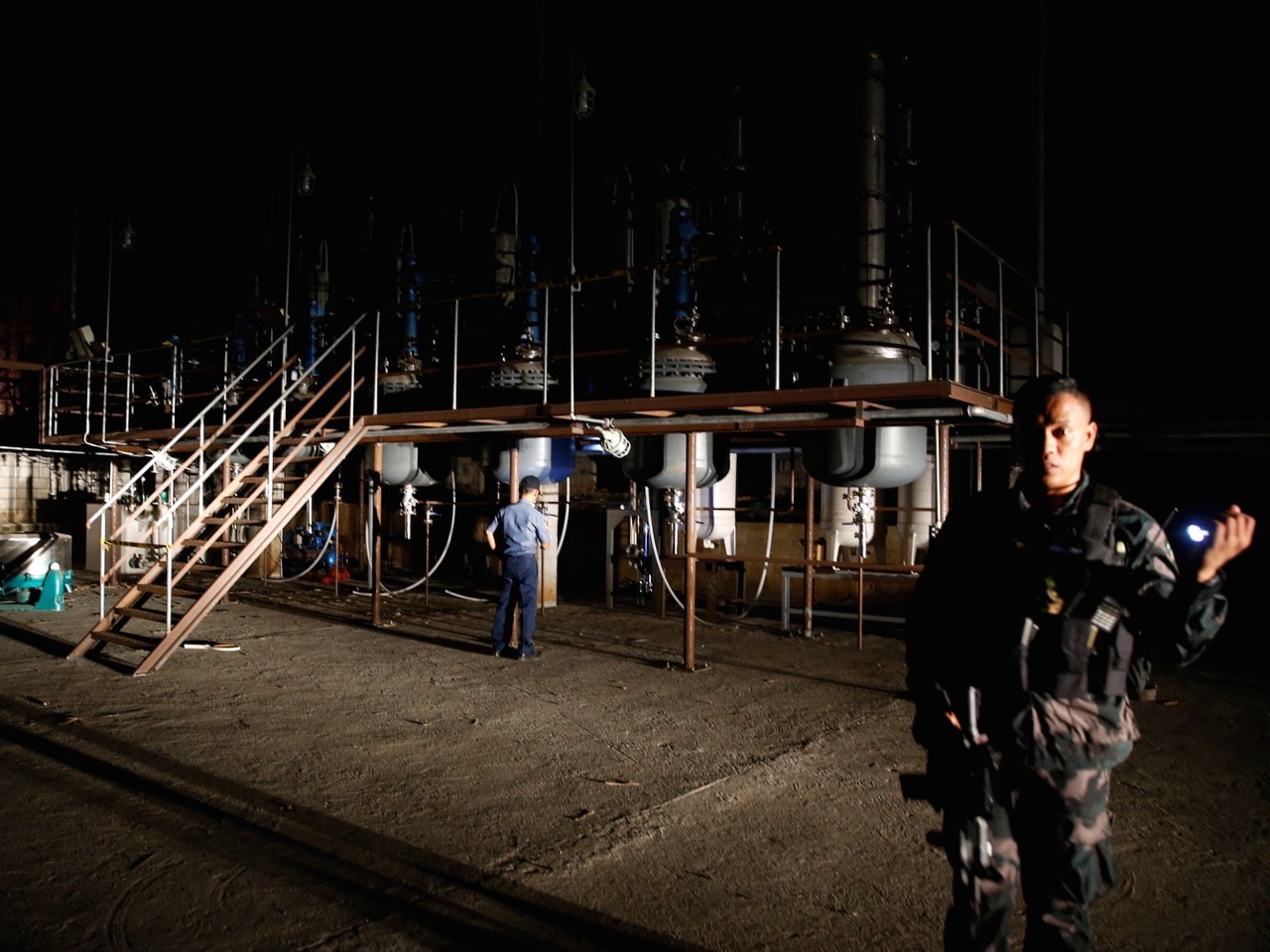Two Philippine-based journalists were targeted for their critical reporting of the Philippine government's controversial anti-drug campaign.
This statement was originally published on ifj.org on 20 September 2016.
The International Federation of Journalists (IFJ) joins its affiliate, the National Union of Journalists of the Philippines (NJUP), in condemning the recent social media attacks against two Philippine-based journalists. The IFJ and NUJP call upon the Duterte administration, in particular Communications Secretary Martin Andanar, to investigate these threats under the special task force for media killings.
Last week freelance journalist Gretchen Malalad and Al Jazeera correspondent Jamela Alindogan-Caudron were targeted for their critical reporting of the Philippine government’s controversial anti-drug campaign, which has seen almost 2,500 people killed since the inauguration of President Rodrigo Duterte on June 30, 2016. Malalad allegedly provided information to a TIME Magazine journalist writing about the tragic consequences of the government policy and President Duterte’s purported connections to extra-judicial killings. Alindogan-Caudron has been reprimanded for her reports relating to the Philippine-based Islamist militant group Abu Sayyaf. Both journalists have received threats of rape and harm towards their families.
In a statement NJUP chair, Ryan Rosauro, said that although the media “will always welcome engagement, including criticism, from their audience” the threats against Malalad and Alindogan-Caudron “have gone beyond legitimate criticism of their professional output to outright threats on their persons”.
“We will never take any threats, whether of physical harm or to silence us, lightly for we have lost far too many of our colleagues and hardly seen justice for them,” he said.
In July, Communications Secretary Martin Andanar announced the establishment of a special task force devoted to investigating media-related killings and said that his office was in the process of drafting the details of the team. The NJUP has highlighted the potential for this task force to tackle the threats against Malalad and Alindogan-Caudron, “We do take some measure of hope from the Duterte administration’s creation of a special task force to investigate media killings and other threats against the Philippine press. This might be the perfect opportunity for the task force, or an equivalent mechanism currently available, to prove its worth.”
The Philippines remains one of the most dangerous countries for practicing journalists, with 145 media workers killed since 1990.
The IFJ said: “The IFJ expresses serious concerns for the safety of media employees working in the Philippines. This incident further demonstrates the need for the Malacañang (Filipino Parliament) to ensure the protection of journalists under the special task force. Threats delivered to journalists via social media must be taken seriously by the government and perpetrators must be penalised accordingly so as to ensure the safety of journalists.”



